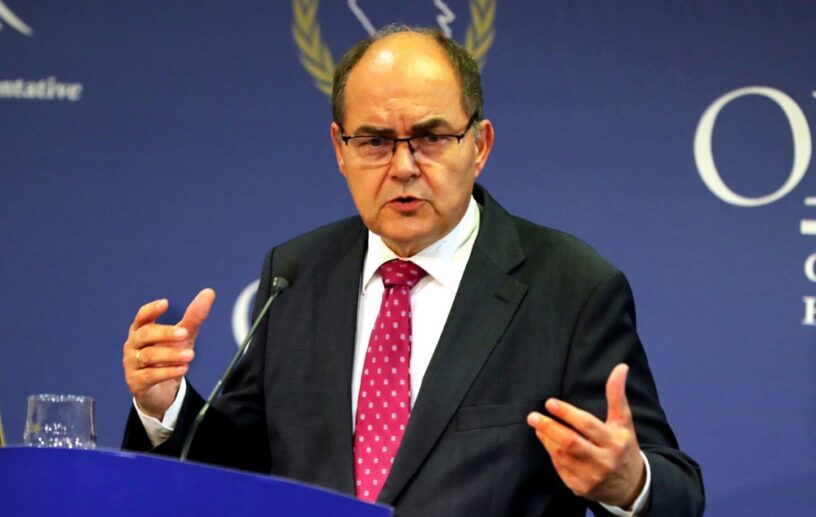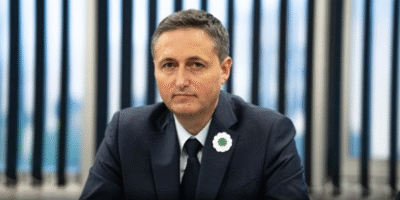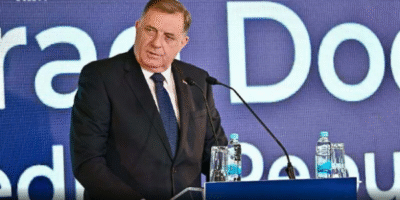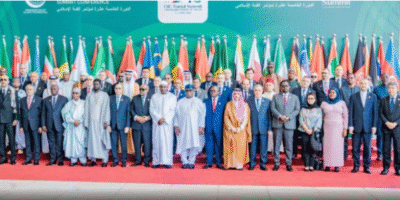High Representative Christian Schmidt has intensified consultations on the possible sanctioning of Milorad Dodik, the Alliance of Independent Social Democrats (SNSD), as well as some other parties that support him. Schmidt has repeatedly called on his advisers and department heads within the Office of the High Representative (OHR), inquiring about various courses of action.
He is asking his associates to submit proposals for possible decisions, setting them precise deadlines. Once he gathers them, he holds detailed discussions with the authors, thanks them for their effort and time, and then remains alone to analyze the models.
According to information from high-level diplomatic sources in Sarajevo, Schmidt has promised representatives of the Trojka coalition assistance in forming a new majority at the state level, without the SNSD, and is now actively working on it.
Although the exact moment of the decision and its content are still unknown, more and more sources are convinced that Schmidt will resort to Bonn powers. According to sources, he is no longer hiding this.
In addition to having informed some political officials from all three Bosnian peoples that he will take action, he has publicly stated that he is not ‘Miroslav Lajčak.’ This is a message to the European Union that, when the decision is announced, they will not succeed in breaking him as they once did to his predecessor.
Among the options currently on the table, are:
- A ban on the activities of SNSD and the political engagement of Milorad Dodik;
- A ban on political activity for individuals on the ‘blacklists’ of the USA, the United Kingdom, Germany, and Austria;
- A blockade of all accounts of SNSD, “Ujedinjena Srpska”, and other smaller parties that are part of the government in the RS entity;
- Imposition of decisions that pass the House of Representatives and gain support from the majority in the House of Peoples, with the mandatory ‘yes’ vote of at least one delegate from each constituent nation;
- Imposition of laws and decisions that have been blocked by three or more delegates from one nation, 60 days after the first blockage.
These options have been under discussion for more than two months. In the meantime, Schmidt has been trying to prepare the public for possible interventions through numerous interviews given to both domestic and international media.
Written by our correspondent D.I.



